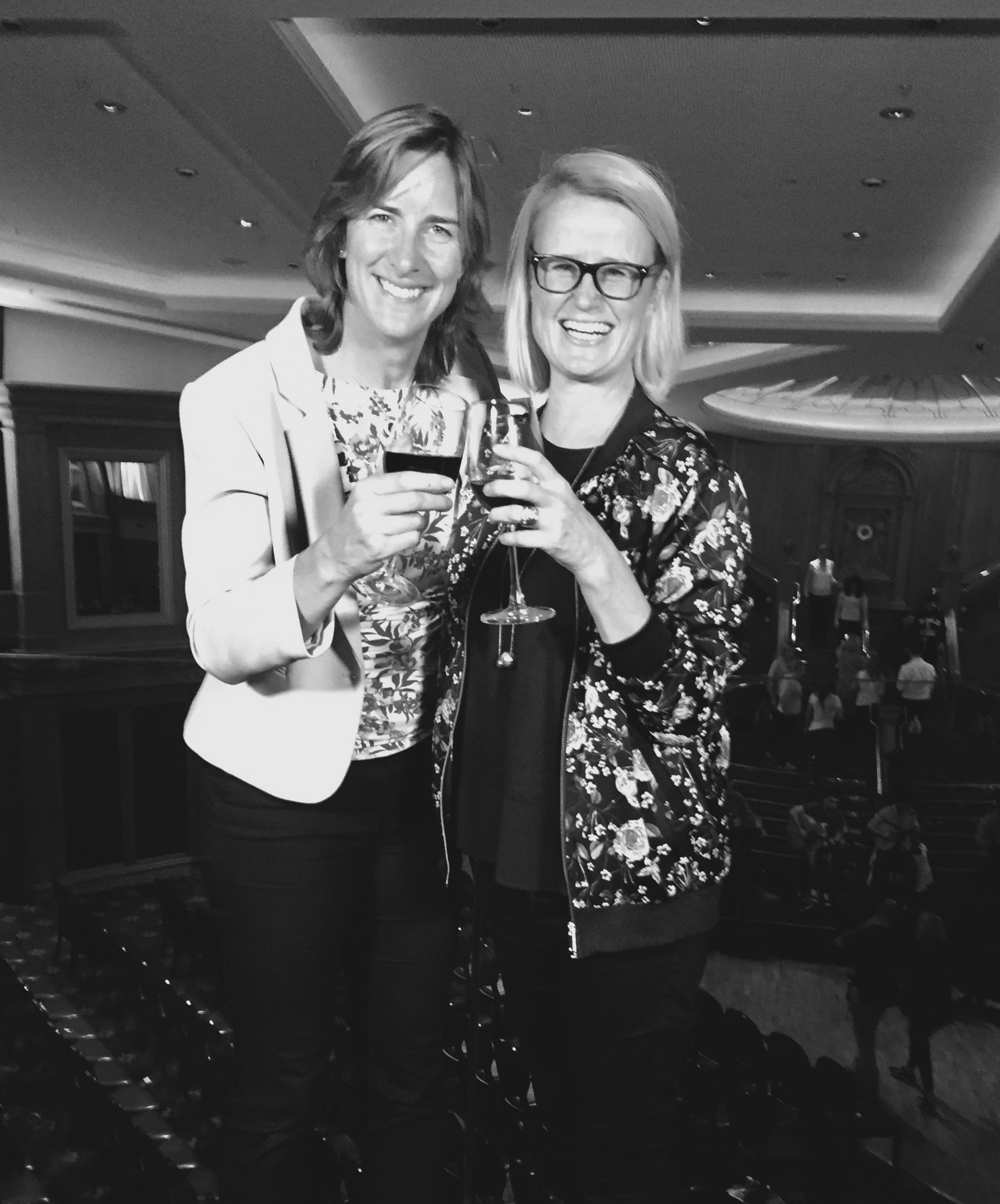Association of Chartered Physiotherapists in Sport and Exercise Medicine blog series @PhysiosinSport
By Rosie Mew
Load – When to load, How to load and by How Much – is a hot topic in the sports world, and is an ideal focus point for the 2nd World congress of Sports Physical Therapy, recently held in Belfast at the iconic Titanic centre.
Conference content was extremely good. Yes, finding the coffee was a bit like qualifying for the crystal maze, and at times it was quite physiology and science heavy – scatter charts flashed in front of my eyes before I had time to digest their content or meaningfulness. However, the data heavy aspects were balanced out with speakers highlighting how to apply this science into practice. As clinicians, my colleagues and I regularly make decisions about loading and how to adapt and progress loading regimes. The lectures built upon my existing knowledge and helped develop greater understanding of how loading regimes are tailored to bone, muscle, ligament and tendon injuries. There was also discussion on progressed loading for “return to play”. Some clinically relevant gems included:
- Learning the benefits of a 5-6 day rest period for recovery vs a 3 day rest period
- Coping with seasonal congestion and successive demands through busy competitive periods
- Adapting loading in relation to physical and mental fatigue
- Benefits of integrating unforeseen and ever-changing load mechanisms
- Potential advantages of training for my favourite new terminology: the ‘speed vaccine’.
If you have looked at the Physios in Sport and Exercise CPD pathway, you might wonder what some of the benefits are of progressing through to Gold level. For me, they made a huge difference to my conference experience. Having booked late and missed the early bird discount, it was brilliant to learn that “Gold members” (those with Gold level CPD) were given a conference discount, invited to a drinks reception at the spectacularly domed City Hall and to join the speakers and executive committee members for a meal afterwards. Although often uncomfortable in more formal ‘networking’ environments, I really enjoyed the opportunity to mingle and chat in a relaxed manner with the people that inspire me within our field of Sports Physiotherapy.

If you need more affirmation on why to pursue Gold Membership accreditation then the surprise invite to a private gathering and glass of wine with Dame Katherine Grainger may be just that. It definitely made it worthwhile for me and was my congress highlight. Not only is she one of my all-time favourite athletes, with her dogged determination in her pursuit of that elusive gold medal and her ability to pick herself up again and again when everything suggested she should quit, but she is also able to speak eloquently and inspire a room full of people without prompts or notes and remain completely on point. Apparently she is quite good in a rowing boat too.
I left the Conference with some great learning points that I am keen to put into practice. I’m now better armed to tailoring my loading progressions to specific injuries and return to play, and also how to load optimally.
For more information on the conference, see @opload_2017 #opload http://www.opload2017.com
Rosie Mew works part time for EIS, British Gymnastics, England Hockey, England Athletics and in private practice in London City Centre. She was the lead Physio at London 2012 Paralympics.